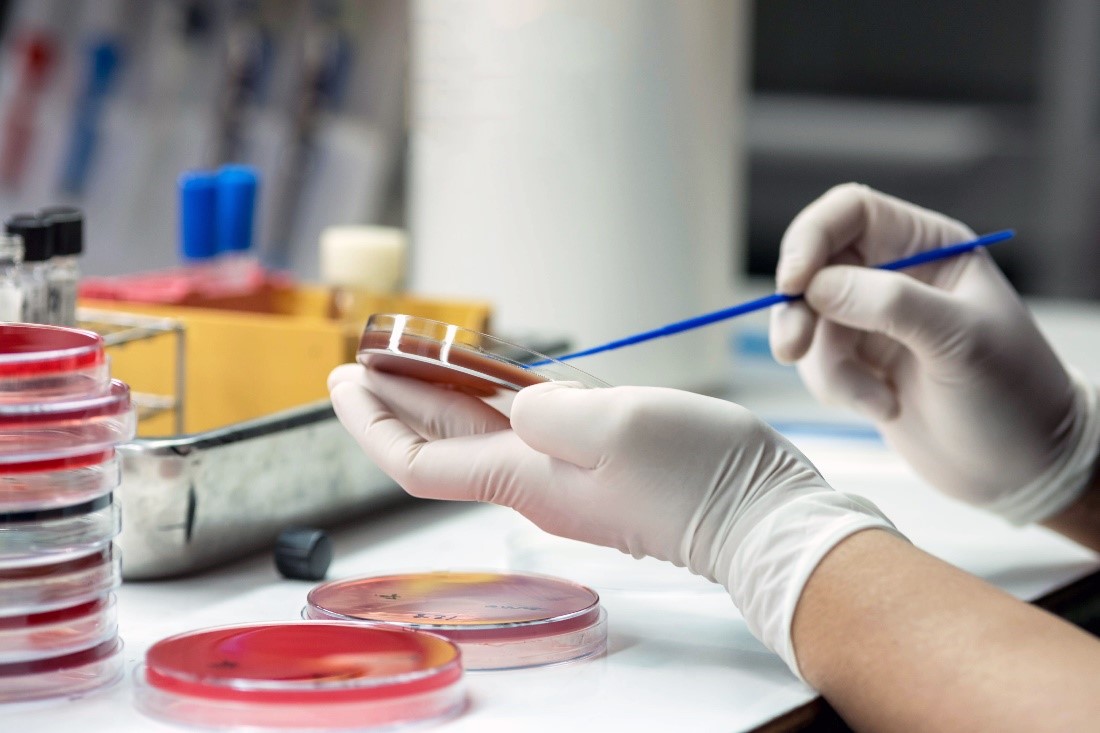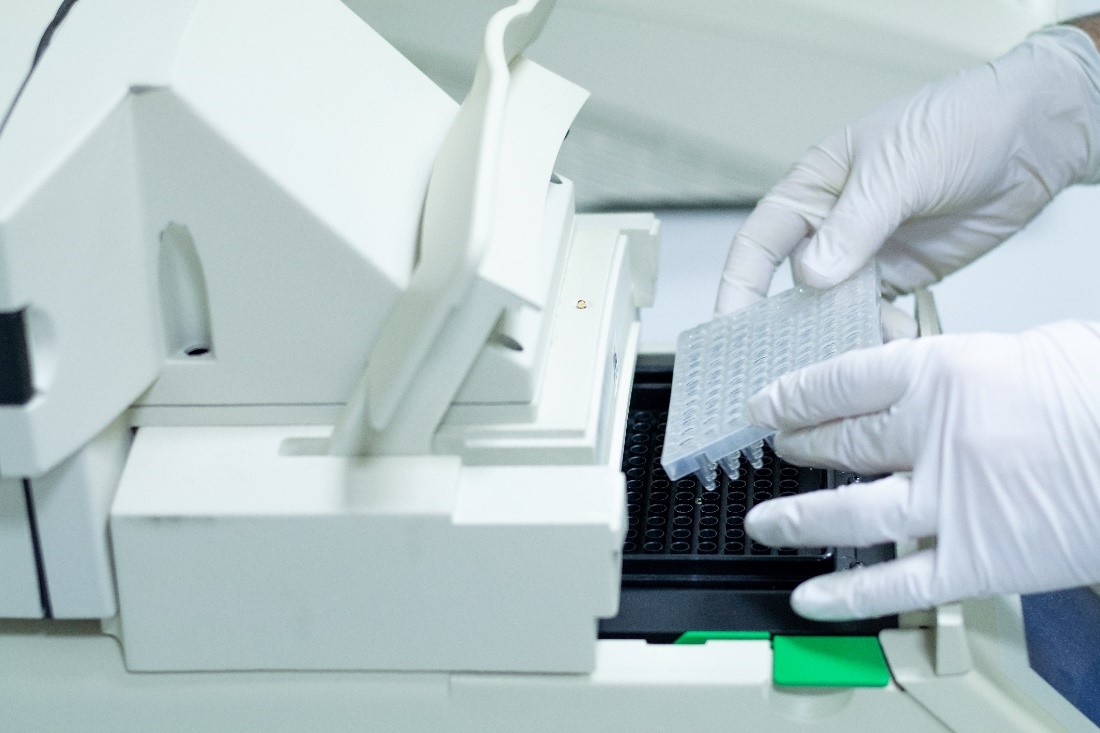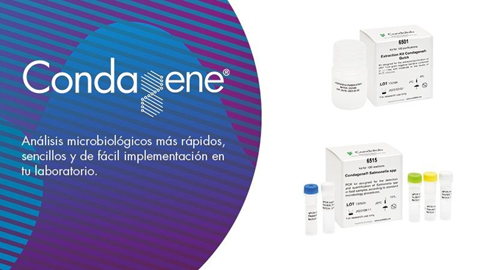Published: 03/08/23 15:49 Categories: Microbiology
In a microbiology laboratory, time is a valuable resource. That is why rapid microbiological techniques, such as real-time PCR, also known as qPCR, are becoming more and more widespread.
Rapid microbiology at the service of industries.
Traditional microbiology analysis techniques have been used by the food industry for decades. However, they present a number of disadvantages that pose some difficulties for the sector.

For example, the time required to obtain the results, since, when detecting pathogens using traditional techniques, a pre-enrichment followed by selective enrichment is generally required, followed by selective isolation, and finally non-selective isolation on agar for the confirmation step, usually consisting of biochemical techniques.
This makes the time from sample preparation to results considerably longer.
Rapid microbiology techniques provide an alternative to these traditional methods because they allow results to be obtained in less time, which leads to greater freedom when making decisions regarding the analyzed batches.
Of all the rapid techniques making their way into food microbiology laboratories in recent years, the most reliable, specific technique is undoubtedly real-time PCR.
qPCR, the next Gold Standard in pathogen detection
qPCR is a rapid microbiology technique, based on conventional PCR, which allows the detection of a pathogen using probes that bind to certain regions of the DNA of the target microorganism, and which subsequently emit fluorescence when excited at a certain wavelength.

The intensity of the fluorescence is measured at each PCR cycle and allows real-time monitoring of the amount of pathogen DNA in the reaction, thus the name real-time PCR.
If desired, this technique can also allow the quantification of the amount of pathogen DNA present in the sample, provided that the appropriate standards and templates are prepared.
Condagene®, the best solution for your laboratory.
The Condagene® range of DNA extraction and pathogen detection kits simplify the qPCR process to obtain rapid results.
Compared to traditional microbiology techniques, Condagene® will save you several days, or even weeks, as in the case of obtaining results for Legionella spp.
In the food industry, where conditions and production processes are controlled, time is a crucial aspect in batch release, and Condagene® allows you to perform rapid screening to minimize batch retention time.

The Condagene® range currently includes kits for DNA extraction and pathogen detection:
- Condagene® Complex for samples with high inhibitor load.
- Condagene® Quick for rapid DNA extraction from conventional samples.
- Condagene® Legionella spp
- Condagene® Salmonella spp
- Condagene® Listeria monocytogenes
To learn more about how Condagene® can help you simplify and speed up your microbiological testing, please visit our website or contact us.

 Probiotics: Which ones are good?
Probiotics: Which ones are good?
 Condalab Says YES to the World’s Leading Lab Trade Fair: Analytica 2026
Condalab Says YES to the World’s Leading Lab Trade Fair: Analytica 2026
 CONDALAB to Exhibit at WHX Labs Dubai 2026
CONDALAB to Exhibit at WHX Labs Dubai 2026
 Food fraud: How do we detect it?
Food fraud: How do we detect it?
 Visit Us at MEDICA 2025 – Discover Our Precise Detection Solutions
Visit Us at MEDICA 2025 – Discover Our Precise Detection Solutions